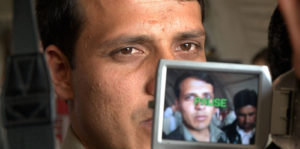
Interpretation of the modern world is tough. So much seems to be going wrong on so many fronts it feels hard to connect with it. As the old saying goes, one death is a tragedy. A million is a statistic.
Thank God, then, for images that sear through such murk.
One of the most resonant of our times was that of the desperate Afghanis clinging to a taxiing US transport during the final implosion of the UN’s coalition for a democratic Afghanistan. You could be forgiven for fatalism. Do these things ever really change? Can these countries ever be helped by the world’s competing powers without the endless ensnarement of war? These images and their awful implications form the basis of Robert Ham’s Interpreters Wanted, which suggests that despite a giant pyre of sacrifice, globalization has little to offer Afghanistan and its many cousins across the second and third world besides a raw deal. Like its storied predecessor about grassroots attempts at building security in Afghanistan, This is What Winning Looks Like, Ham’s film kicks great clods of obscuring bullshit off of its topic, showing the noisome situation beneath the senseless headlines.
Saifullah Raqmal and his brother Ismail had no doubt seen it all before 2001. Their native Afghanistan had already weathered a quarter century of hell. All they’d known was war, and when Bin Laden struck, the prospects were grim. With the USA and its coalition inbound, Saifullah and Ismail embedded with what they could only pray were the good guys, seeking to oust the Jihadist element that had been splashed around their country by foreign powers like so much kerosene. What they didn’t know was how ill-starred the mission truly was and how agonizing their wait to be recognized for their service would become.
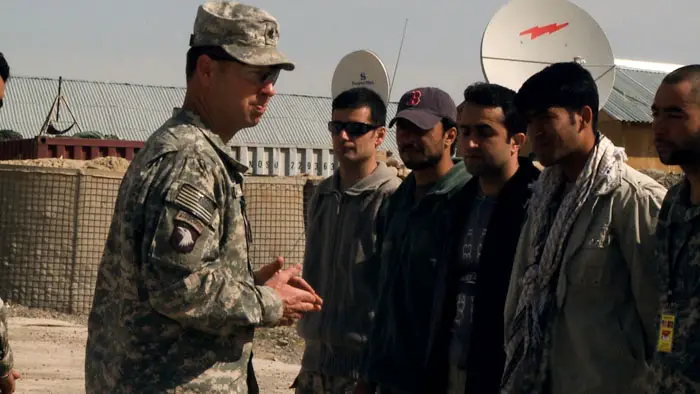
“…Saifullah and Ismail embedded with what they could only pray were the good guys…”
This impressive film is uncomfortably similar to the story of Sidney Shanberg and Dith Pran in The Killing Fields. Like Pran, the two brothers work as interpreters for foreigners in their country, aligning themselves with the mission in a dangerous bid for a better home. Instead of Shanberg’s New York Times reporter, we get Ham’s multi-award-winning combat correspondent, Private Joker for real, only a much more serious chap, if he’ll forgive my saying. He tells the story with clarity and detail.
Since Ham was embedded so deeply at FOB Salerno, the very tip of the spear before Pakistan, which was the origin of over a third of the Taliban’s fighters, the incidental story about Afghanistan’s woes that he gives us as background is pretty stirring. He captures the foothills of Tora Bora as they are bombarded with terrifying ordnance, and we see him and the brothers taking part in daily patrols.
“We were on the battlefield, but we didn’t have weapons,” reflects Ismail about the work they did and the dangers they faced. During one particularly dangerous Taliban assault on the village of Sabari, they crossed an effective No Man’s Land at tremendous risk to save innocent villagers from friendly fire. In any sane world, they would be immediate and cherished citizens of the power they aided.
But then the coalition collapsed, and the world once more beat a retreat from the Khyber Pass and environs, leaving Saifullah and Ismael and many thousands like them in a terrifying and undignified limbo. Stuck in Afghanistan, phone numbers changed, then unlisted, forced to leave their homes and drift around to avoid recriminations threatened in night letters, they pleaded with Ham on Facebook to try and expedite their citizenship. Ham, now stationed comfortably in Hawaii, seemed powerless to help them escape. The film quickly makes your blood boil as you find that, despite numerous certificates and diplomas for service from their command, the visa requests of the brothers and their families have been utterly ignored for years. Seeing the thoughtful and refined Saifullah recording a video message in aid of his Special Immigrant Visa (SIV) is a bitter sight. Set against a jumbled backdrop of third-hand paperbacks, his boisterous kids gathered around, his being forced to ‘pitch’ reflects the madness of the culture he seeks as a rescue.
“I was helping my country, my people,” explains Saifullah, “Hearts and Minds. The community’s support is impossible without the interpreters.” This makes their mistreatment doubly shameful. Not only were they not rewarded properly for their efforts and the risks they took, but any UN claims the Afghani community was the primary concern can clearly be deemed false by dint of the brother’s abandonment.
Interpreters Wanted is a great documentary and a welcome and vital contribution to our record of the Afghan war.
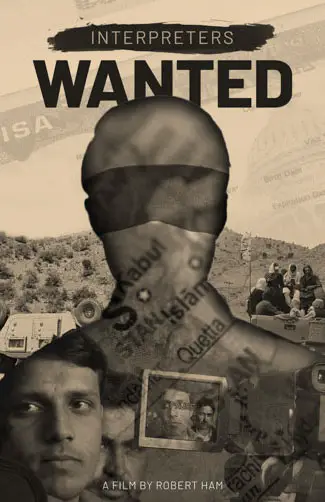
"…leaving Saifullah and Ismael and many thousands like them in a terrifying and undignified limbo."
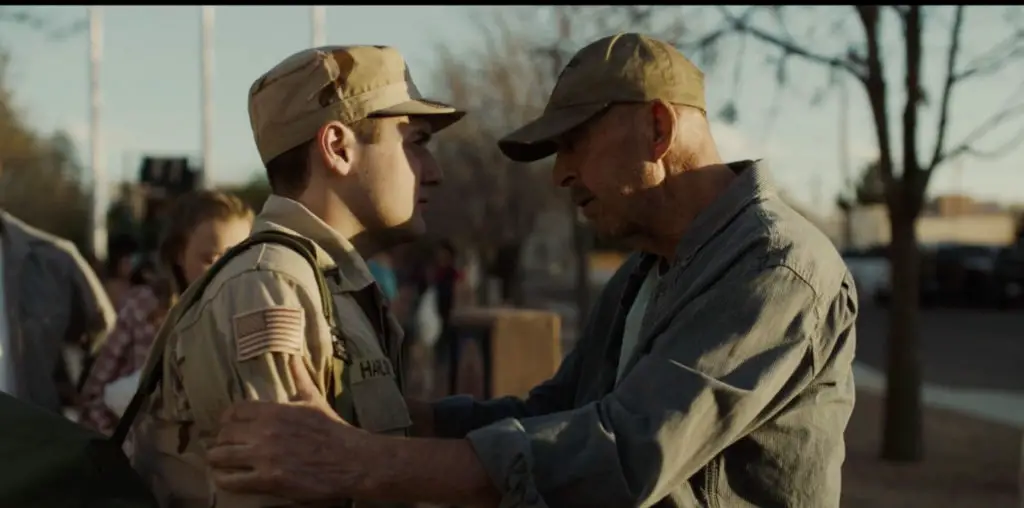
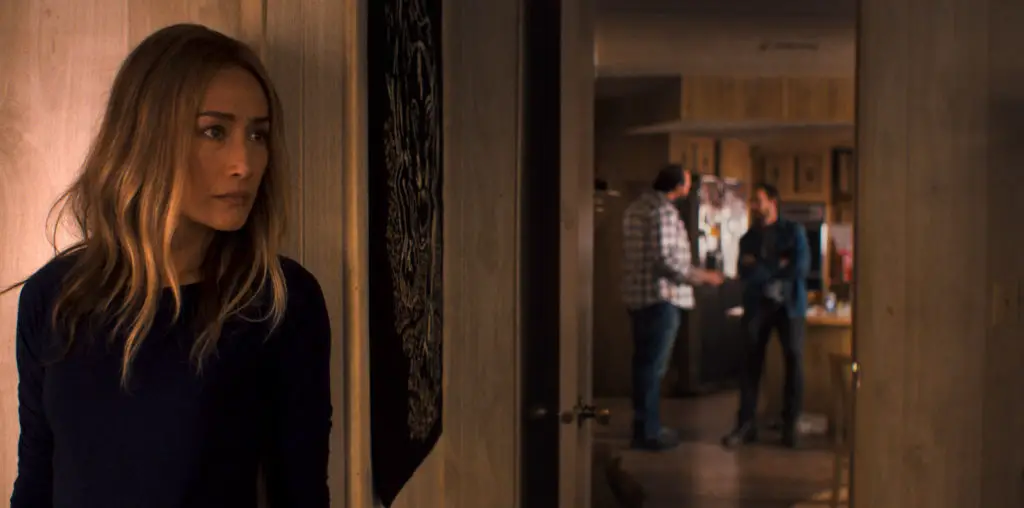

[…] Disclaimer: This story is auto-aggregated by a computer program and has not been created or edited by filmibee.Publisher: Source link […]